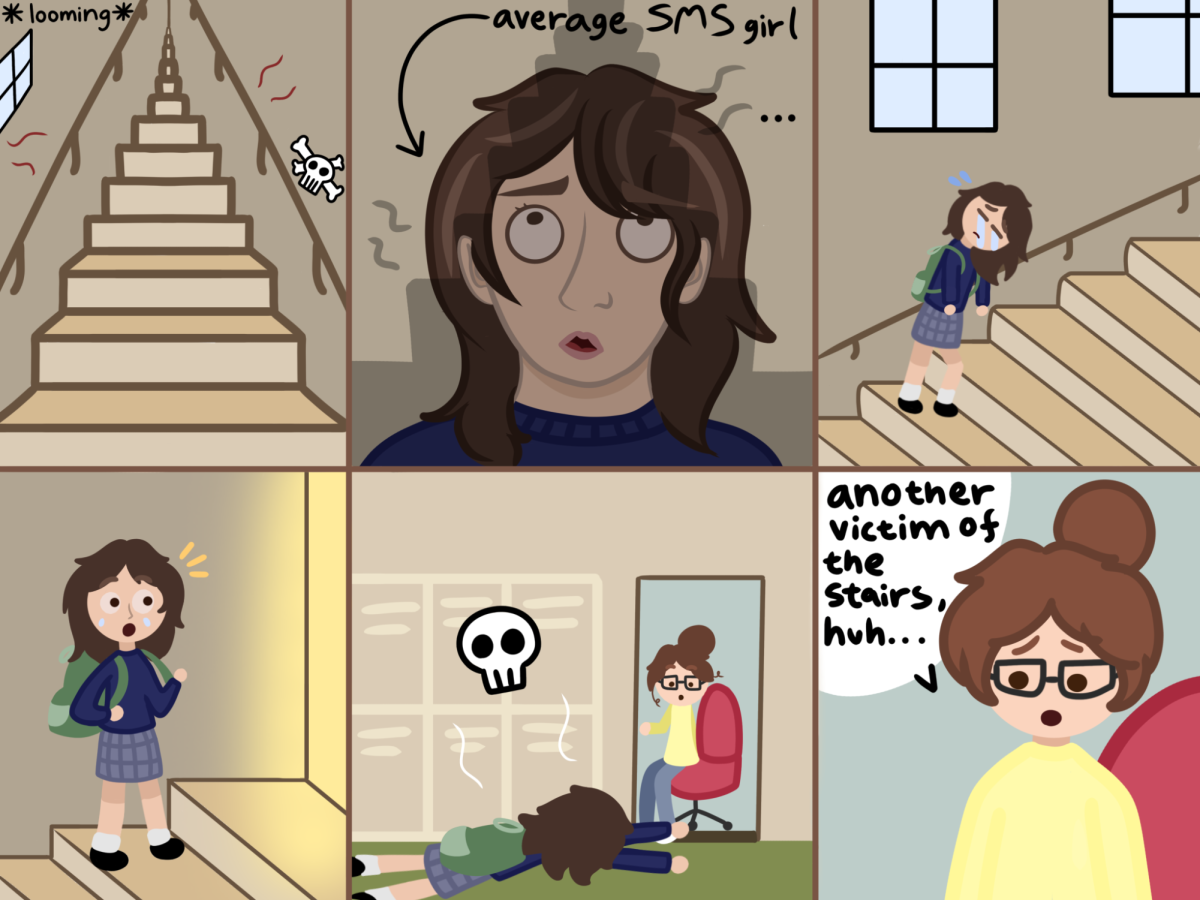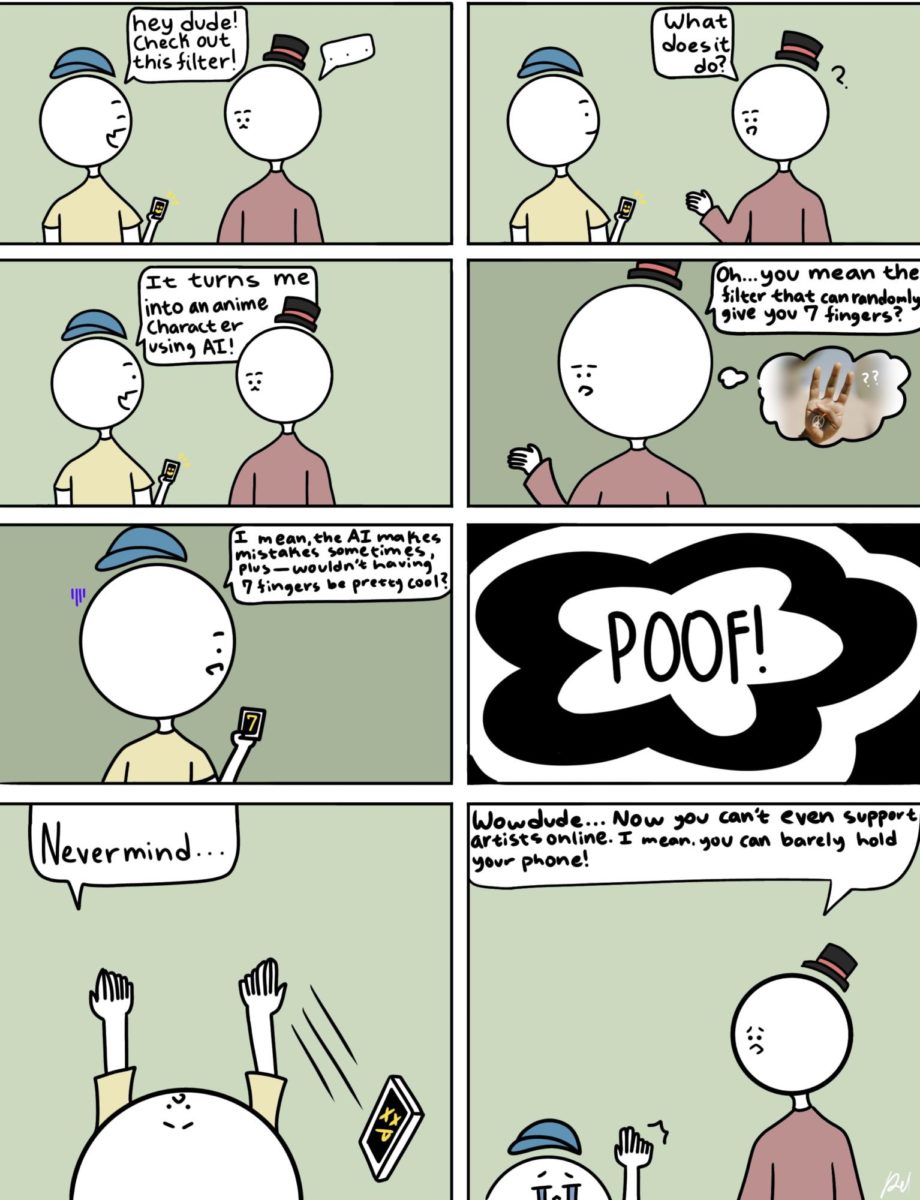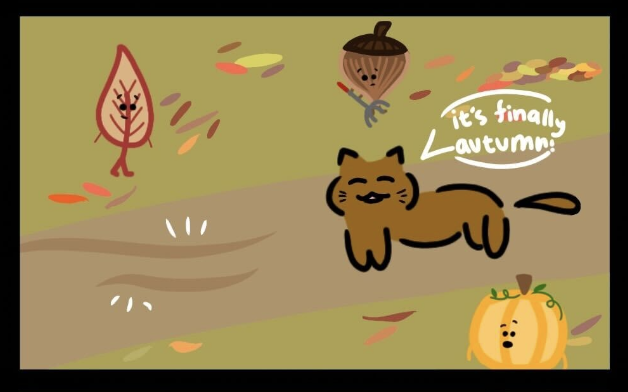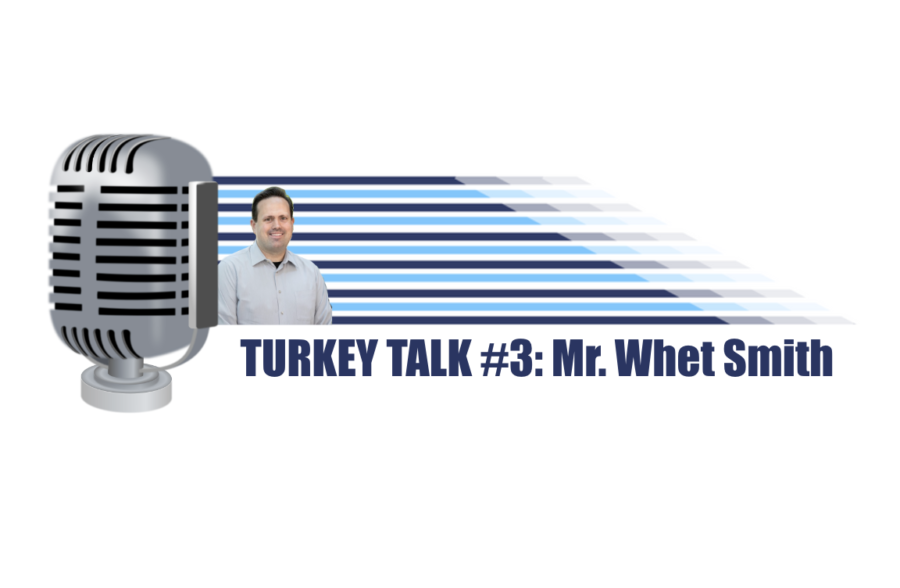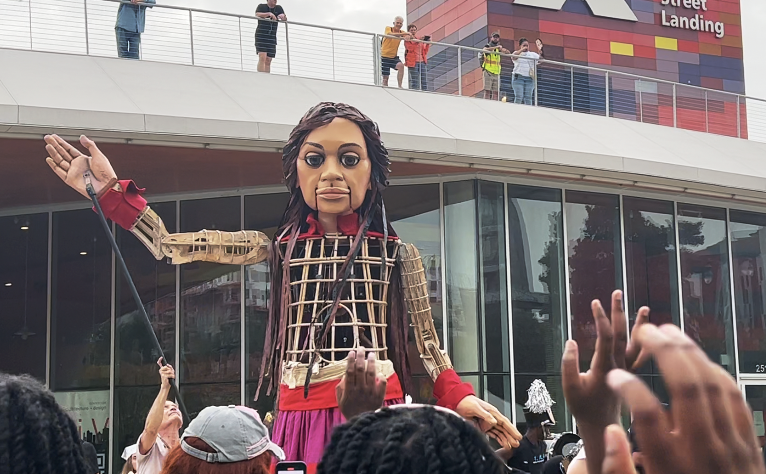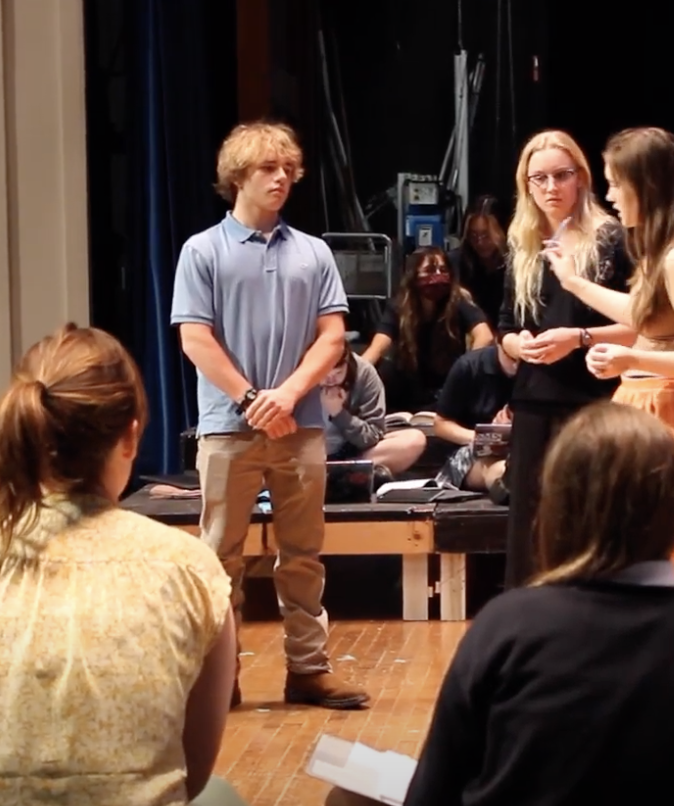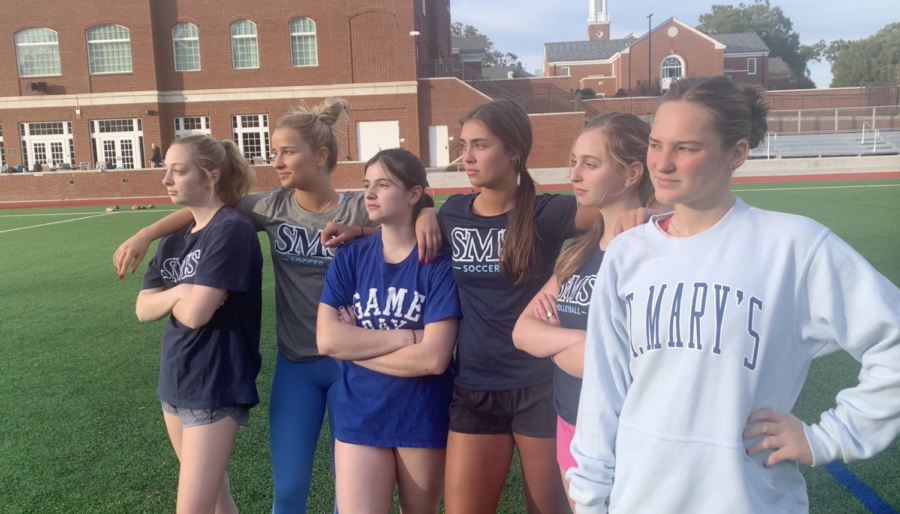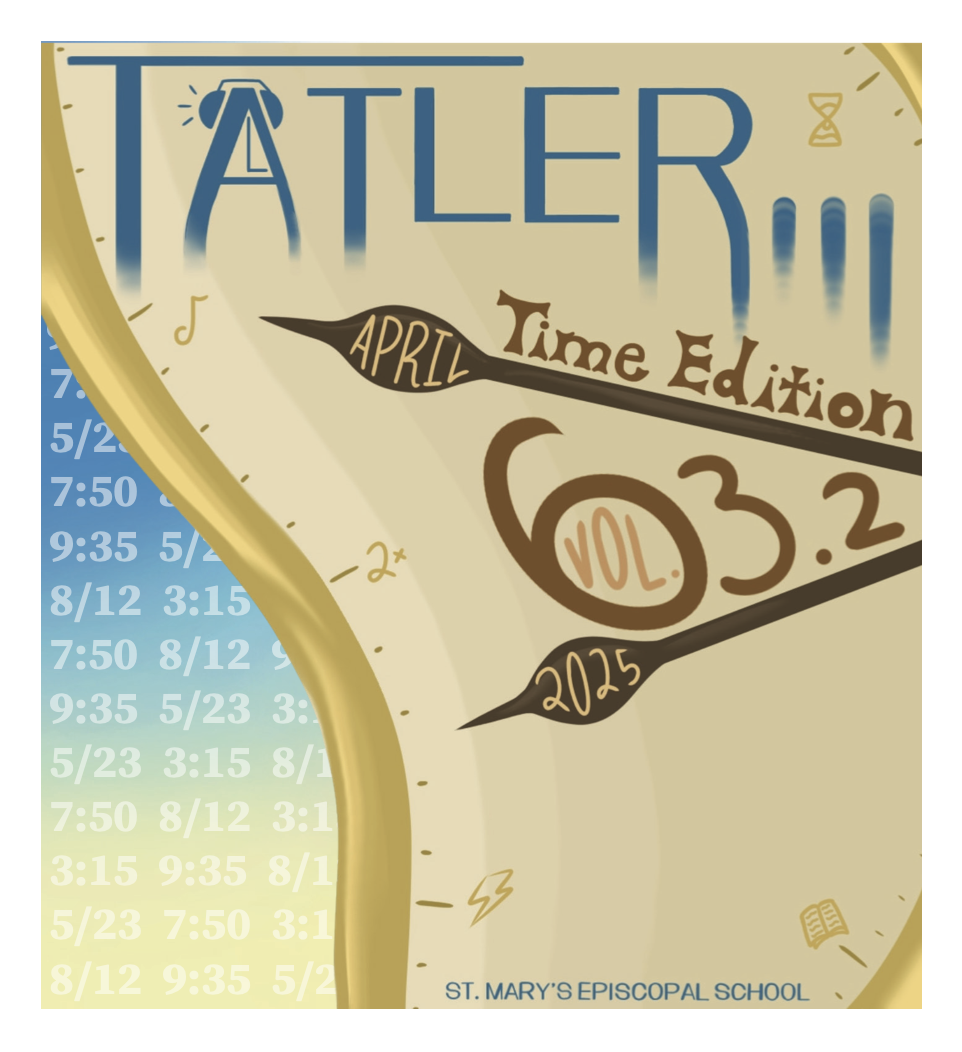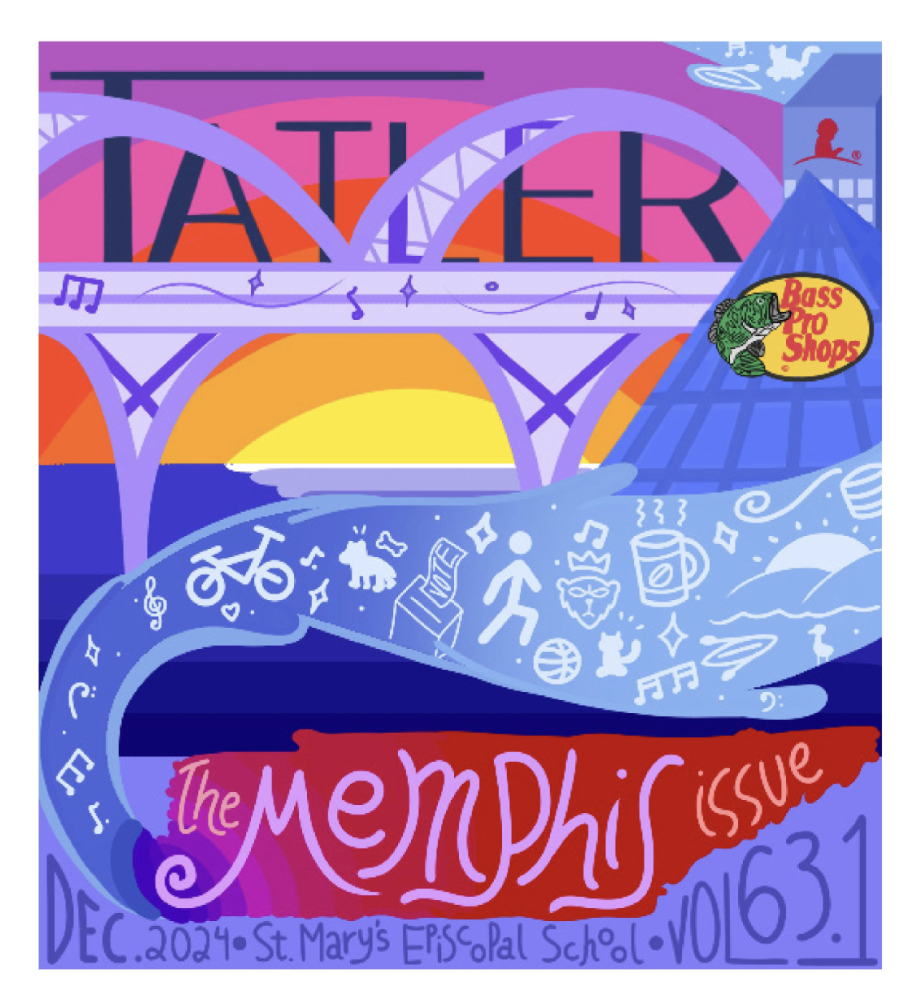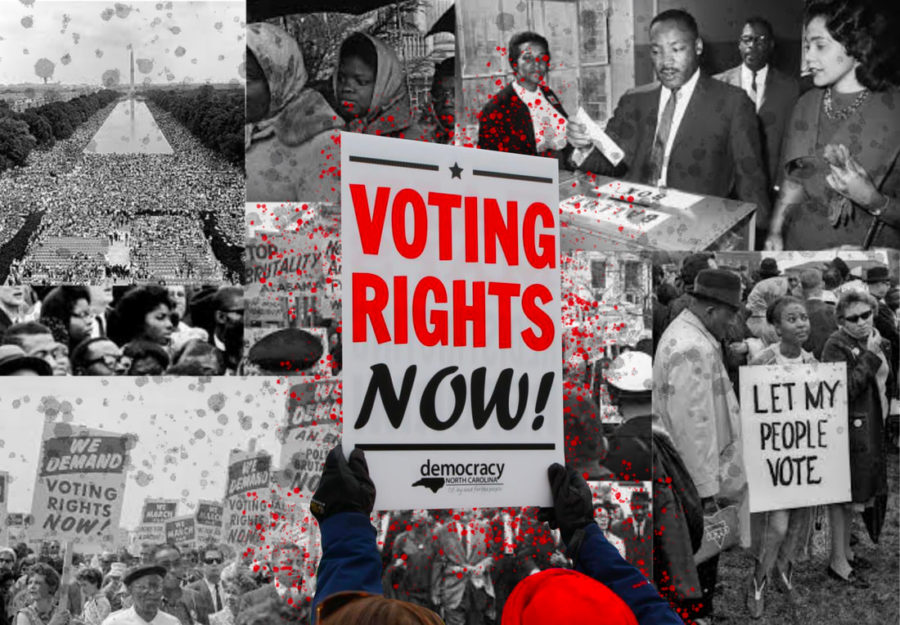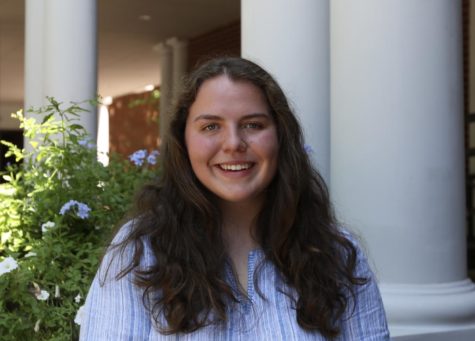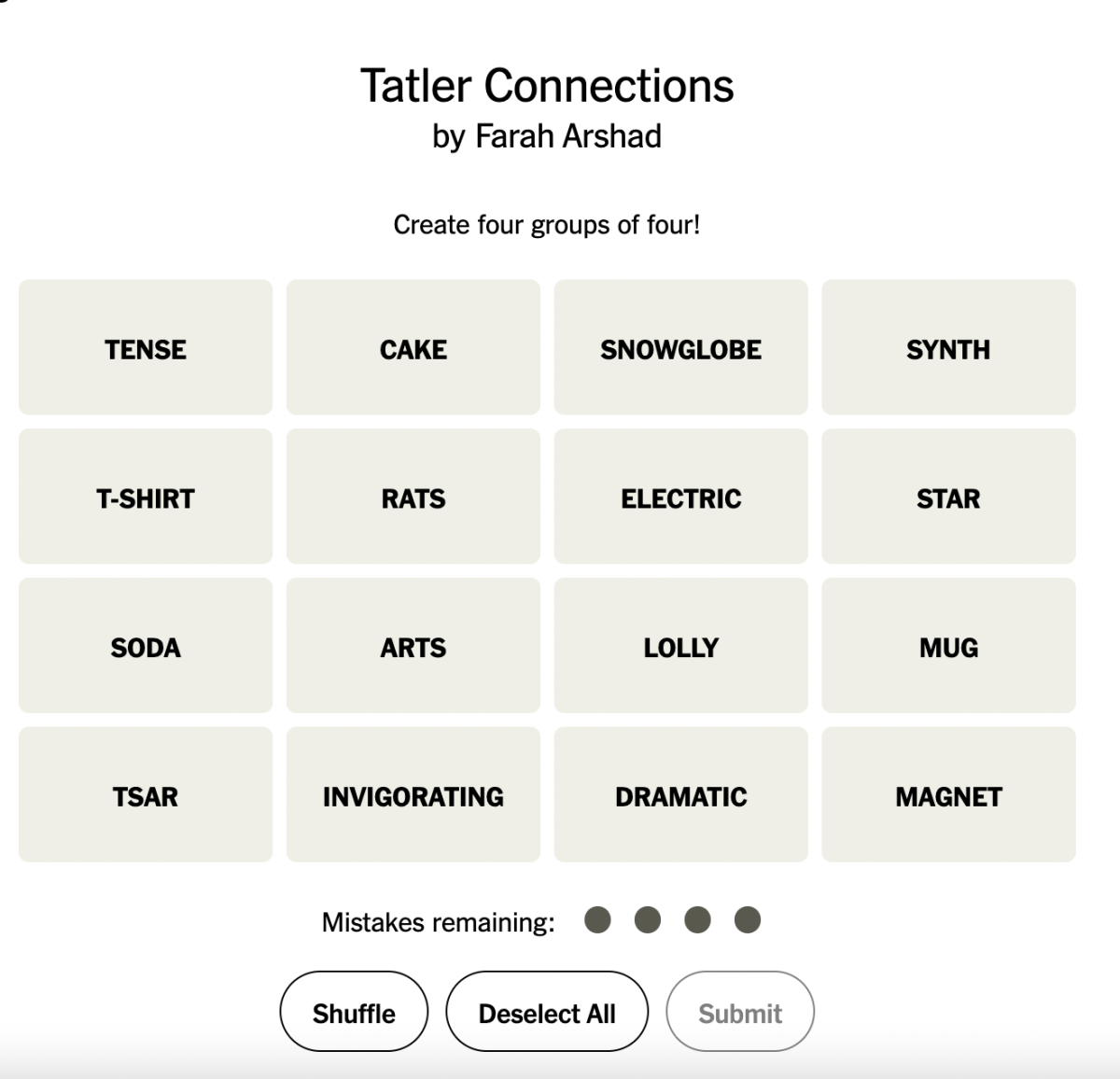Democracy defended at the 58th anniversary of the March on Washington
As people stand on the streets protesting, democracy continues to be challenged and questioned by the actions of the United States Government.
September 5, 2021
“I have a dream that one day this nation will rise up and live out the true meaning of its creed: We hold these truths to be self-evident, that all men are created equal,” said Martin Luther King, Jr., on Aug. 28 1963.
Systemic racism in our country is not a new phenomenon; it has been in the works since colonization. With slavery came the Black Codes; with Reconstruction came the Jim Crow Laws; with the Fifteenth Amendment came voter suppression.
With 2021, a year of a new presidency, tensions among the parties and rampant activism, has come the question of whether our government is protecting democracy.
Upper school history teacher Dr. Lyon said, “[The restrictions on the vote are] something that we expanded over time. That is the trajectory of suffrage.”
In 1963, Martin Luther King, Jr. marched on Washington alongside 250,000 people with dire need for equality and true democracy.
And yes, two years later the Voting Rights Act of 1965 was passed. This law broke any barriers that local or state governments had built to restrict Black people from voting.
However, this law has been, as Lyon said, “watered down,” in Supreme Court case Brnovich v. DNC on July 2, 2021, which ultimately dismisses Section 2 of the Voting Rights Act of 1965.
President Joe Biden said last month in response, “There is an unfolding assault taking place in America today — an attempt to suppress and subvert the right to vote in fair and free elections, an assault on democracy, an assault on liberty.”
The Supreme Court failed to protect democracy with their ruling in favor of Brnovich.
Lyon said,“There is a long history in this country of people who have been in power and they feel like they are losing [power]. There is a culture of fear [in our government] and whether it’s based in reality or not [is the question].”
The inequality of voting rights goes beyond 1965 and beyond the recent Supreme Court case. According to the Social Justice Resource Center, in 2012, Black people were forced to wait in lines to vote twice as long as white people. In Georgia, a voting law, the Election Integrity Act of 2021, made it illegal to hand out food or water to voters in lines at the polls. The most grotesque discovery: in the first six months of 2021, 17 states passed 28 laws that restrict access to voting typically targeting Black communities.
On August 28, 2021, people gathered in Washington, D.C., from all around the country to protest the inequality of voting rights. King’s son Martin Luther King III, the NAACP president, and families of Breonna Taylor and George Floyd spoke, honoring King’s legacy, at the 58th Anniversary of the March on Washington, which was also referred to as the March for Voting Rights this year.
King’s son said in an interview with NPR, “We specifically are focused on the one issue of voting rights and that’s what makes it so different [from the March on Washington in 1963], but it also makes it tragic. That we are at a place where, as my mom used to say, every generation has to re-earn or earn its freedom, because theoretically we should be beyond voting rights.”
The current acts being processed in Congress currently are the John Lewis Voting Rights Advancement Act, which will reestablish Section 2 of the Voting Rights Act of 1965, and the For the People Act, which is a more extensive way to protect the vote.
If passed, the For the People Act would be the most significant voting rights reform seen in the United States in over fifty years.


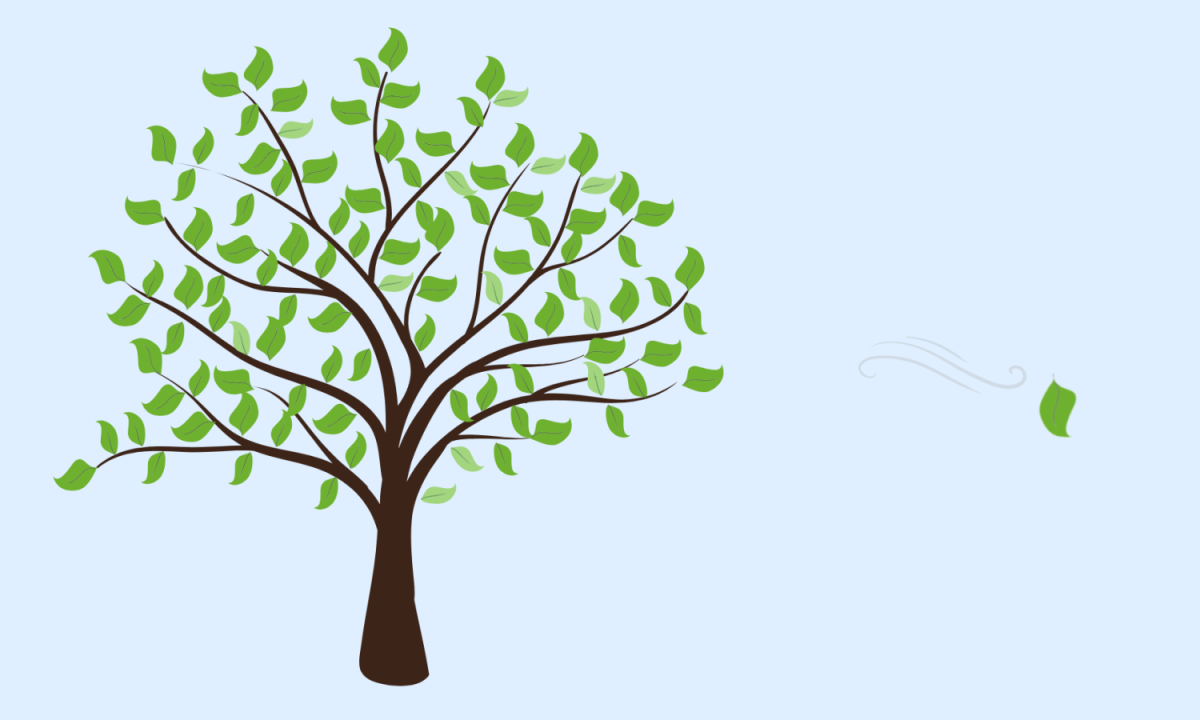
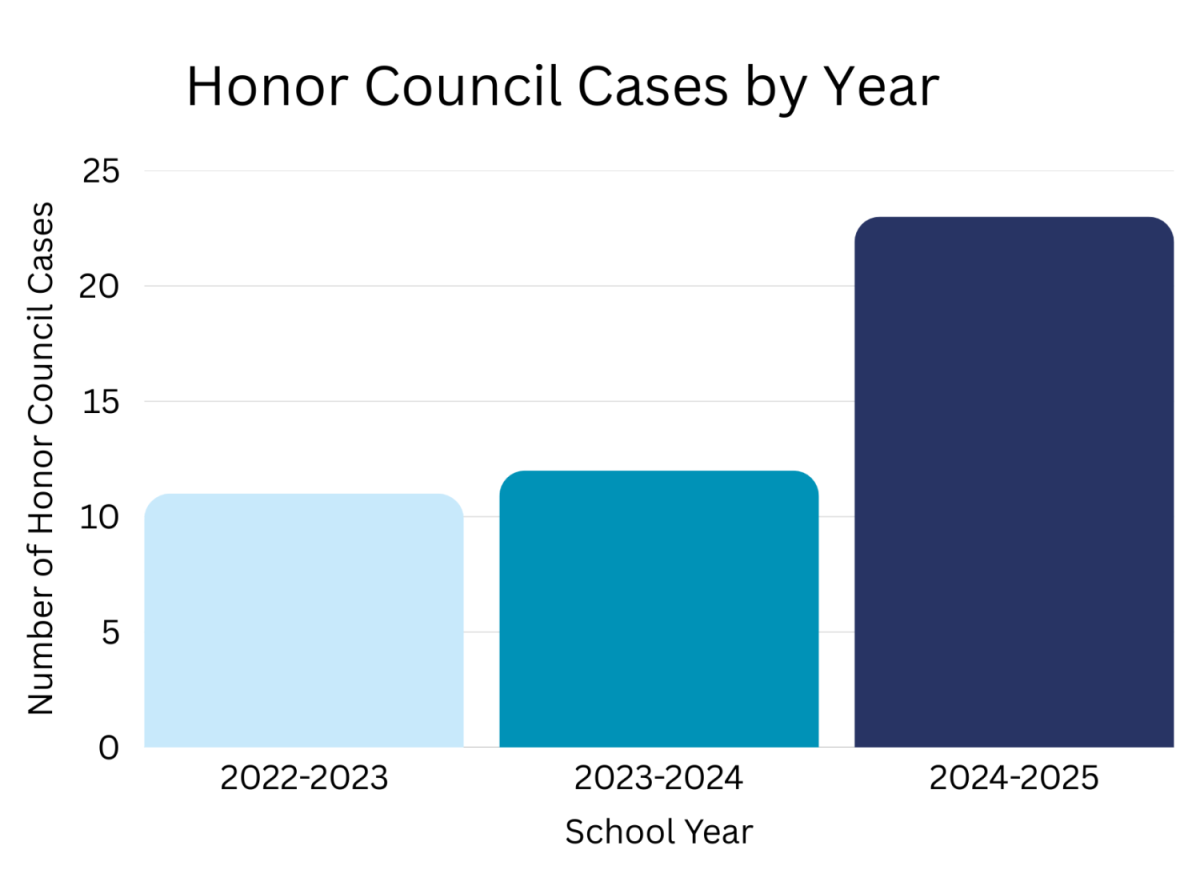
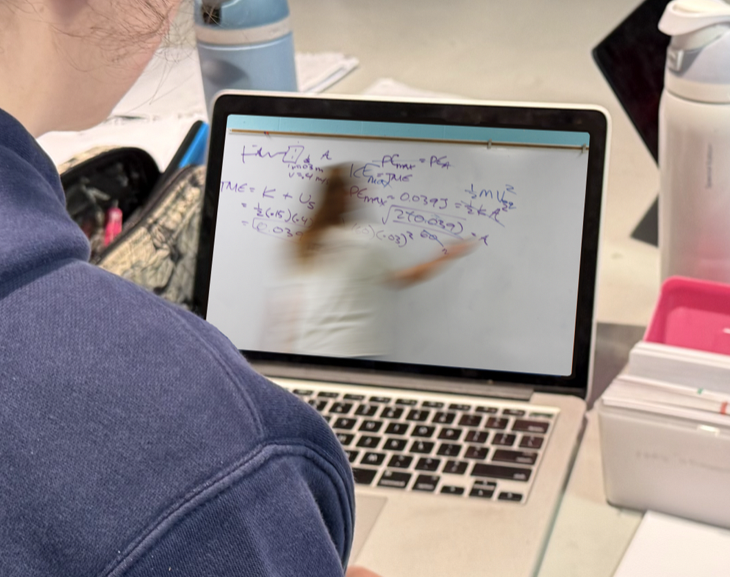
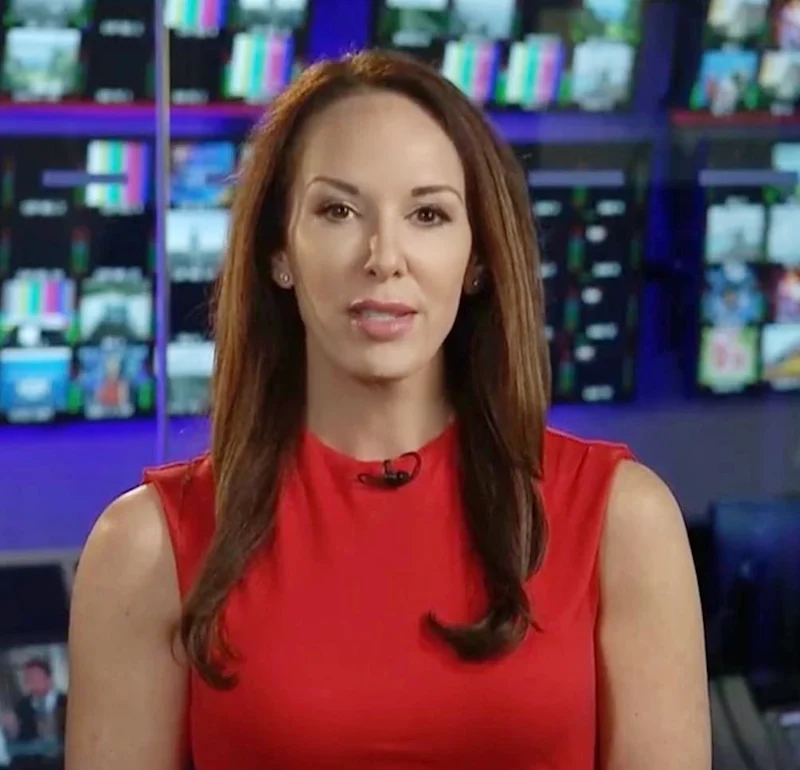


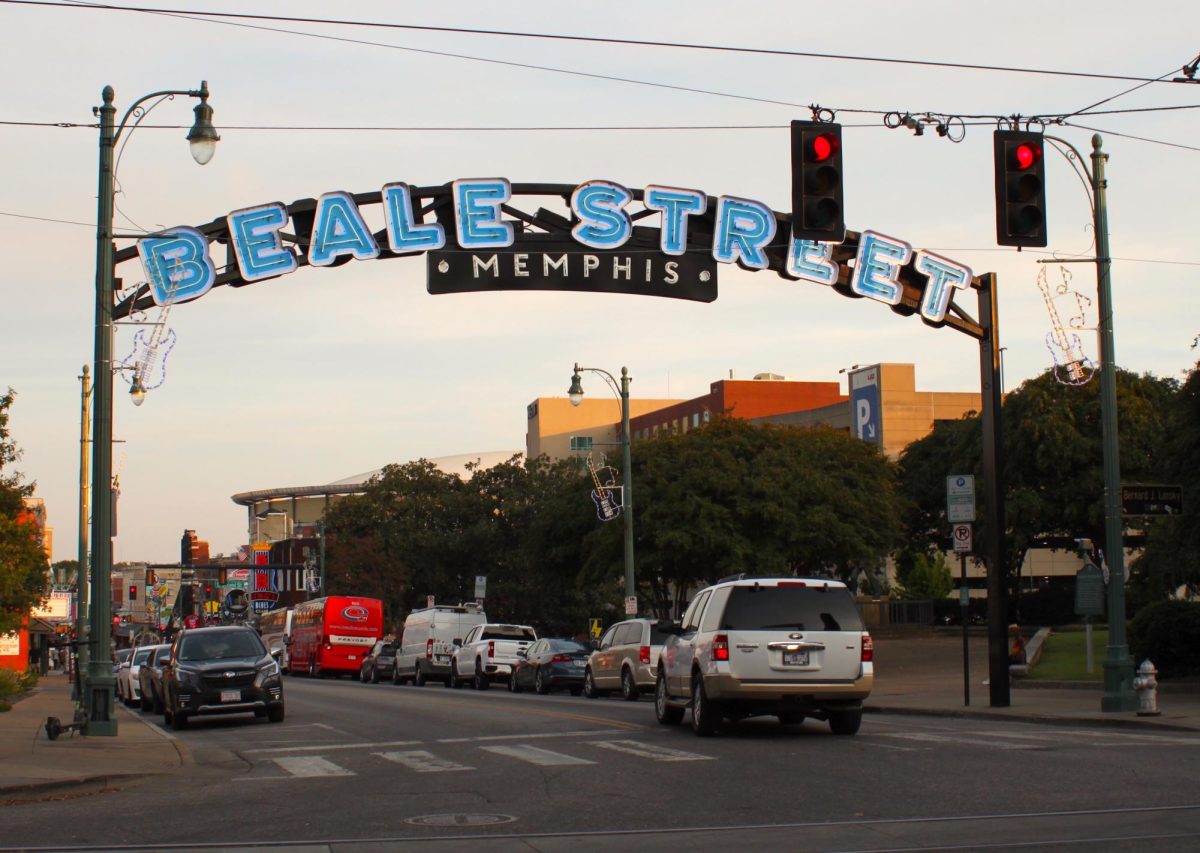
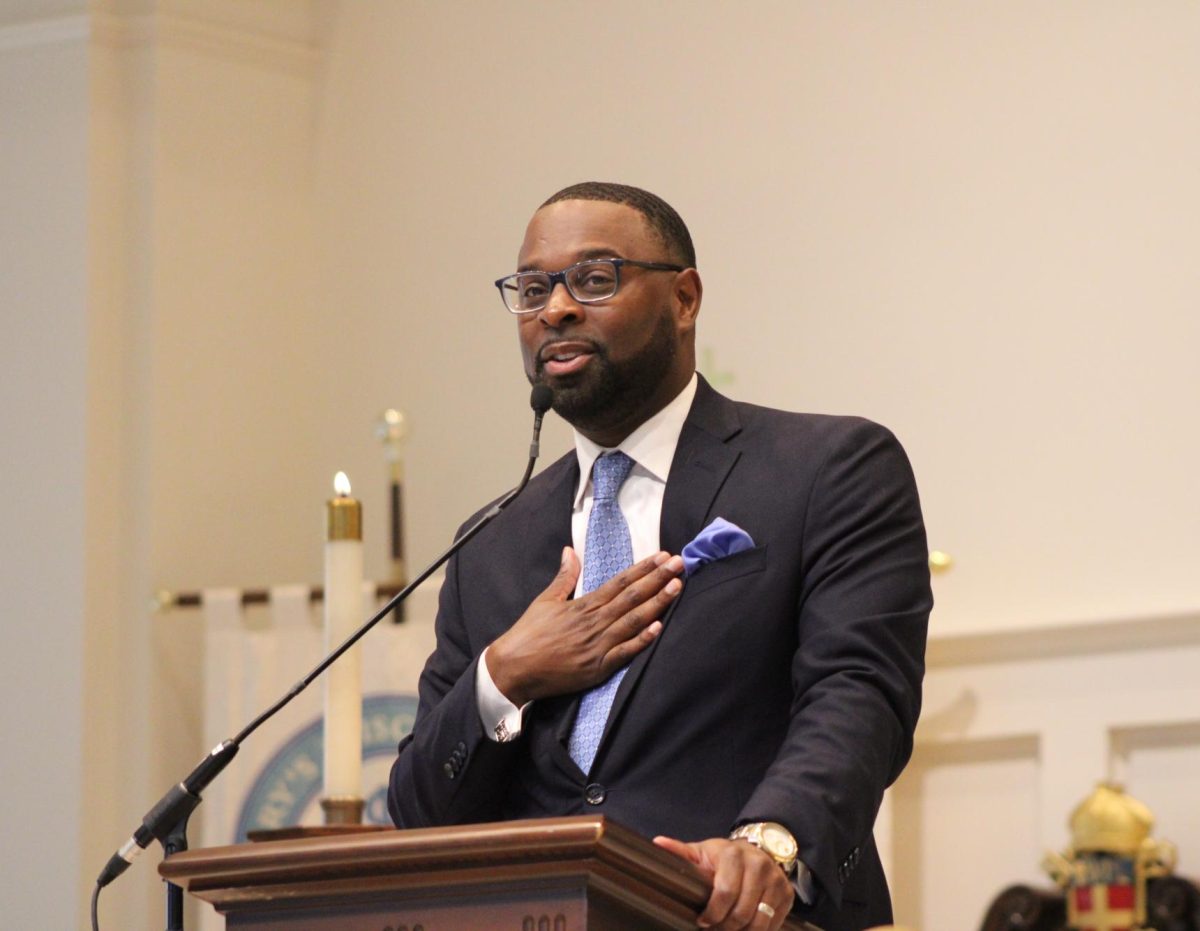
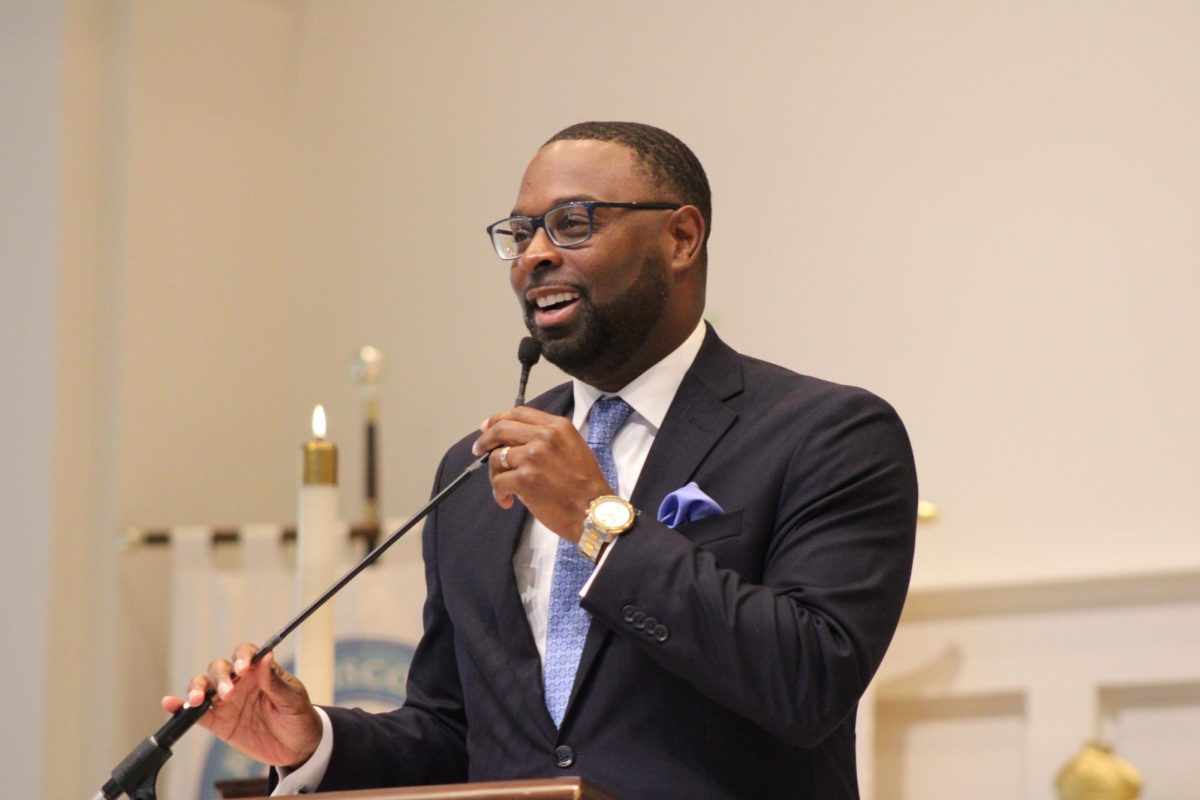
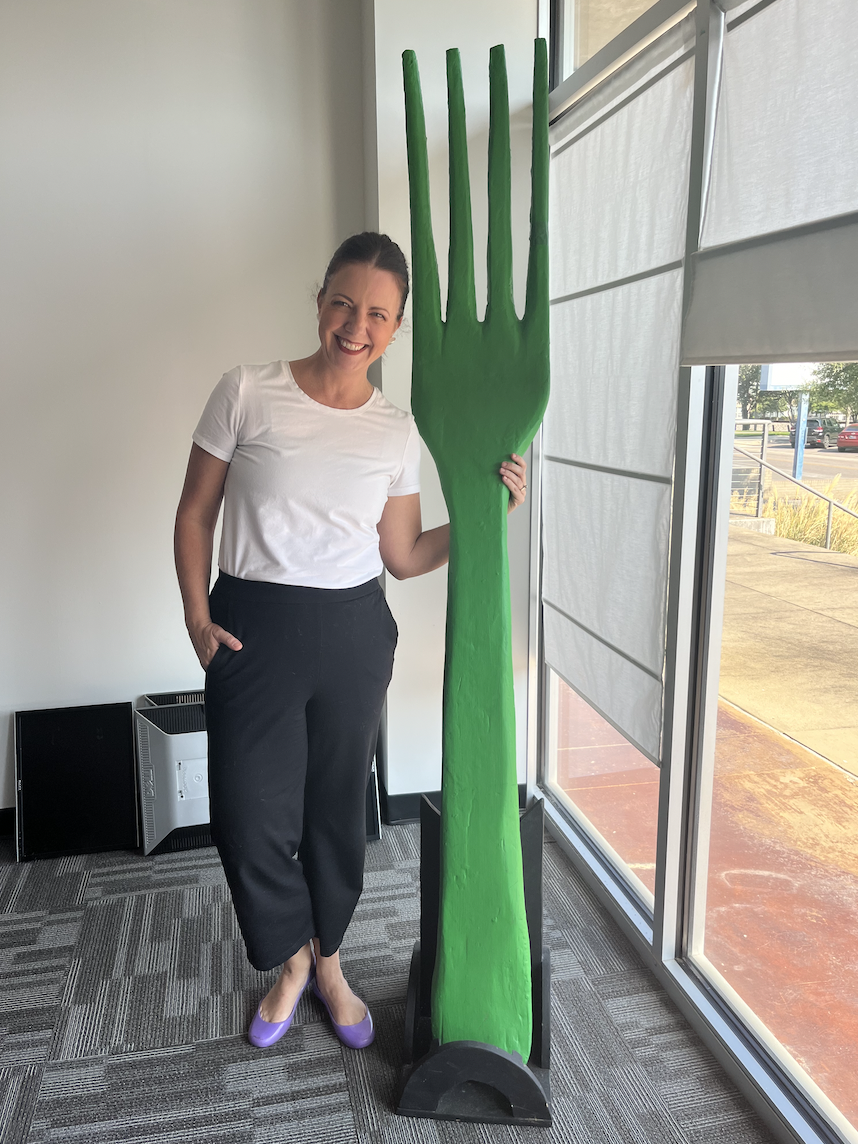
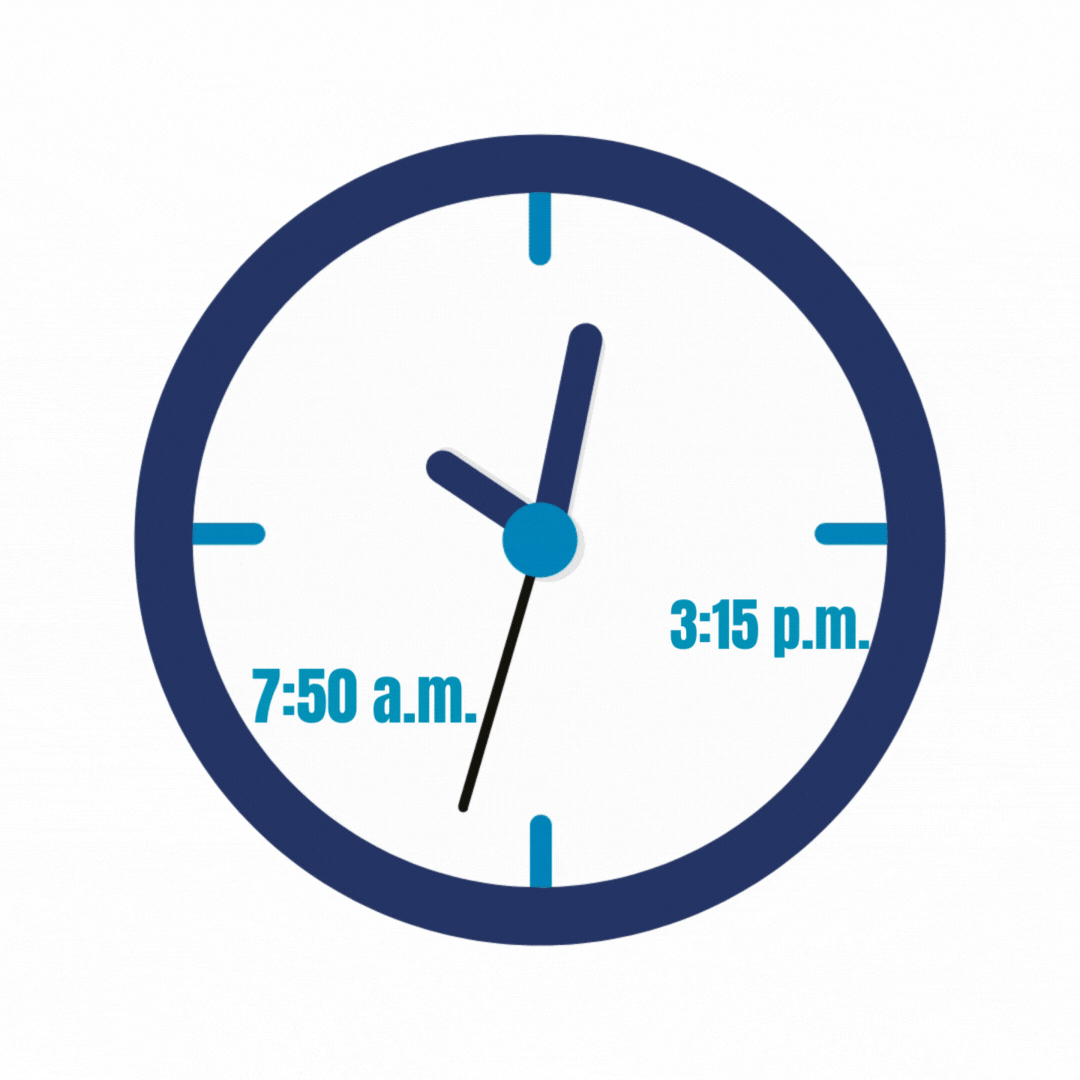
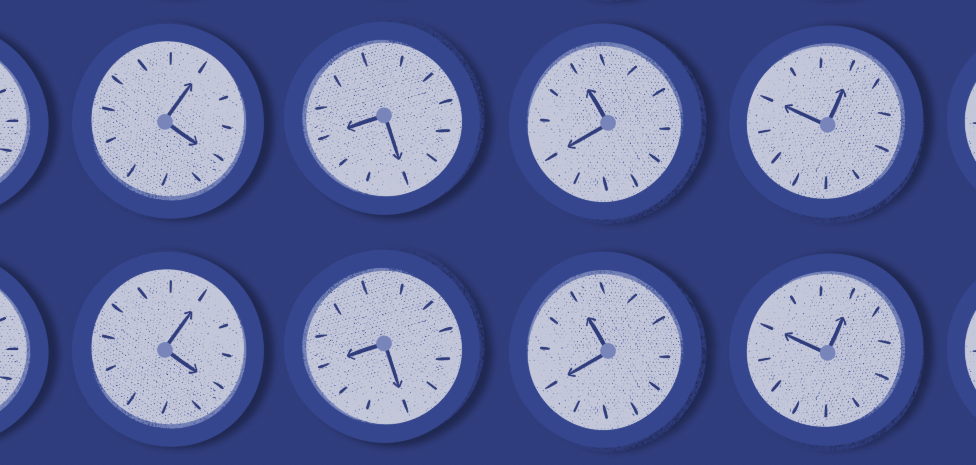


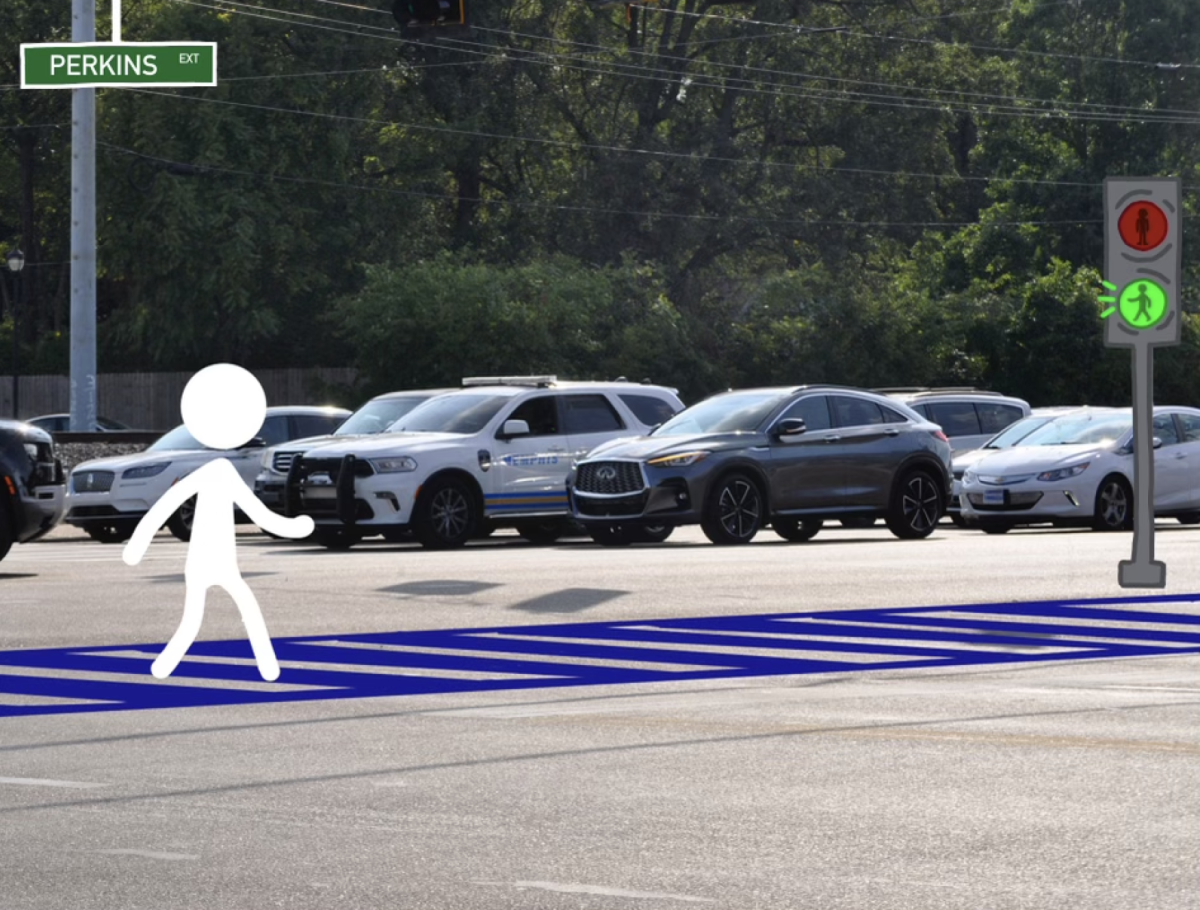
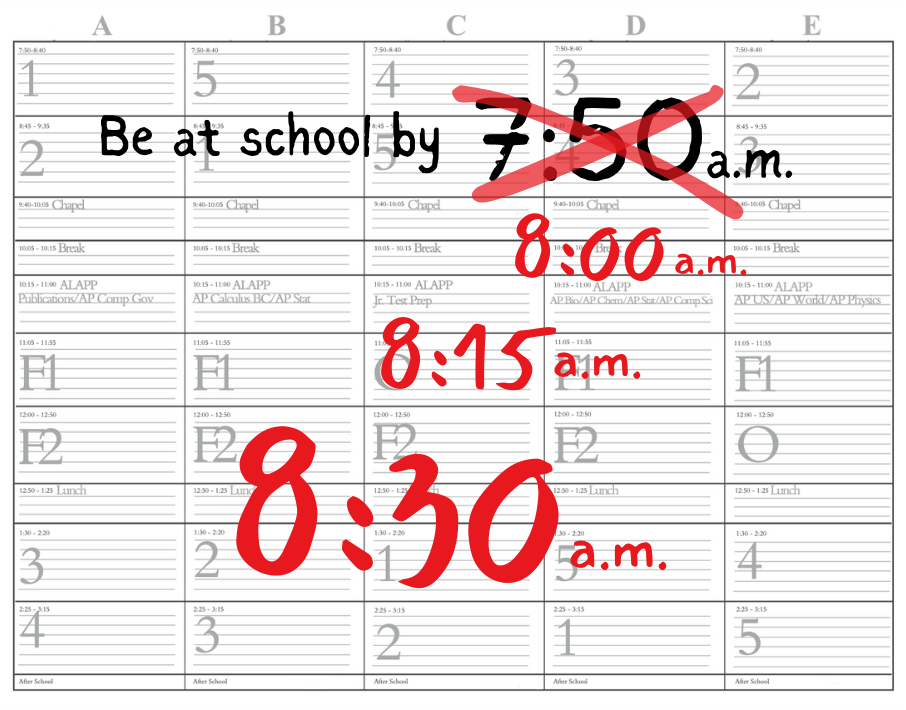


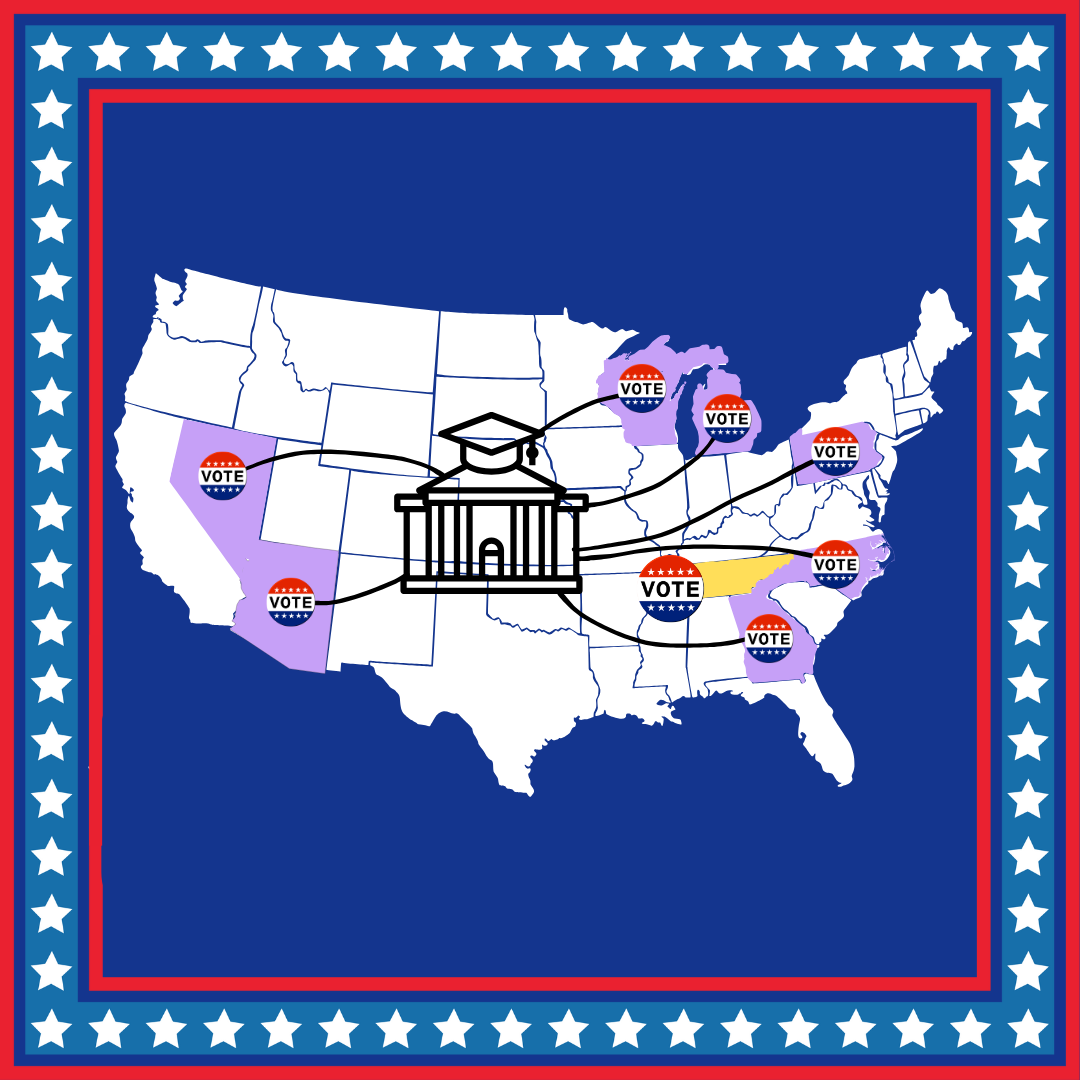
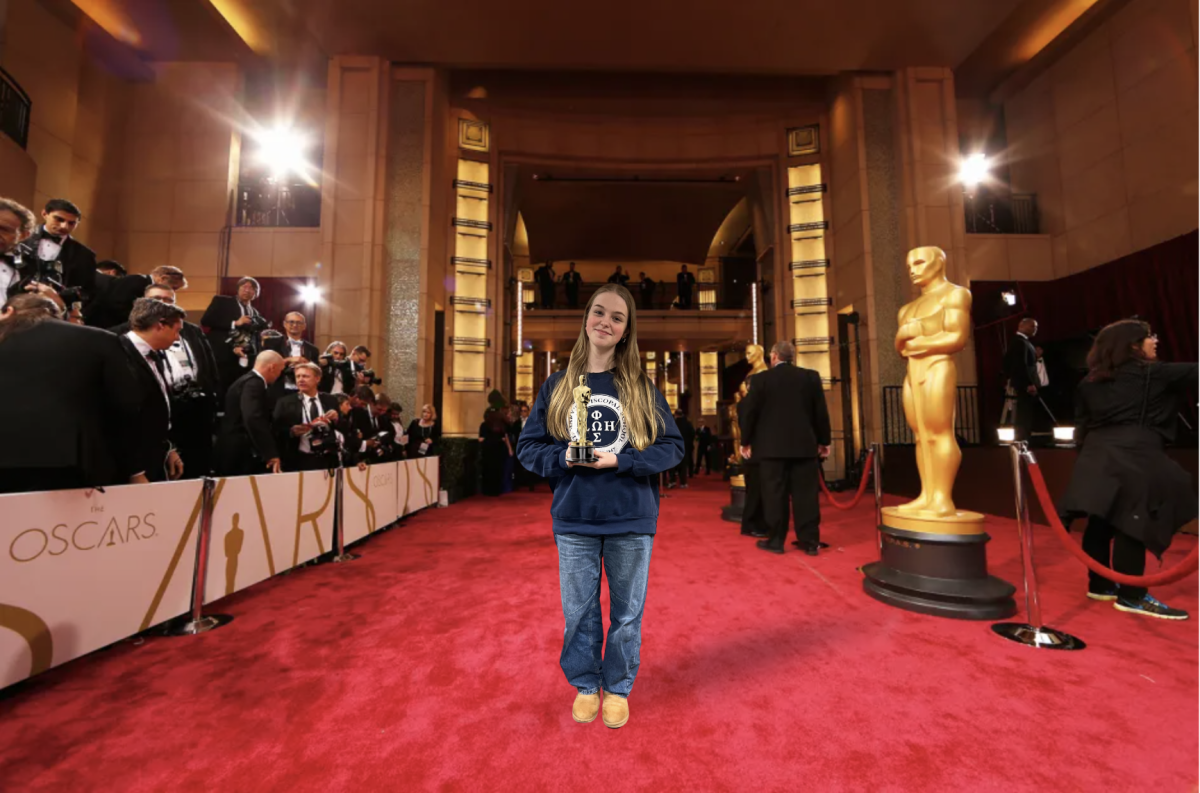
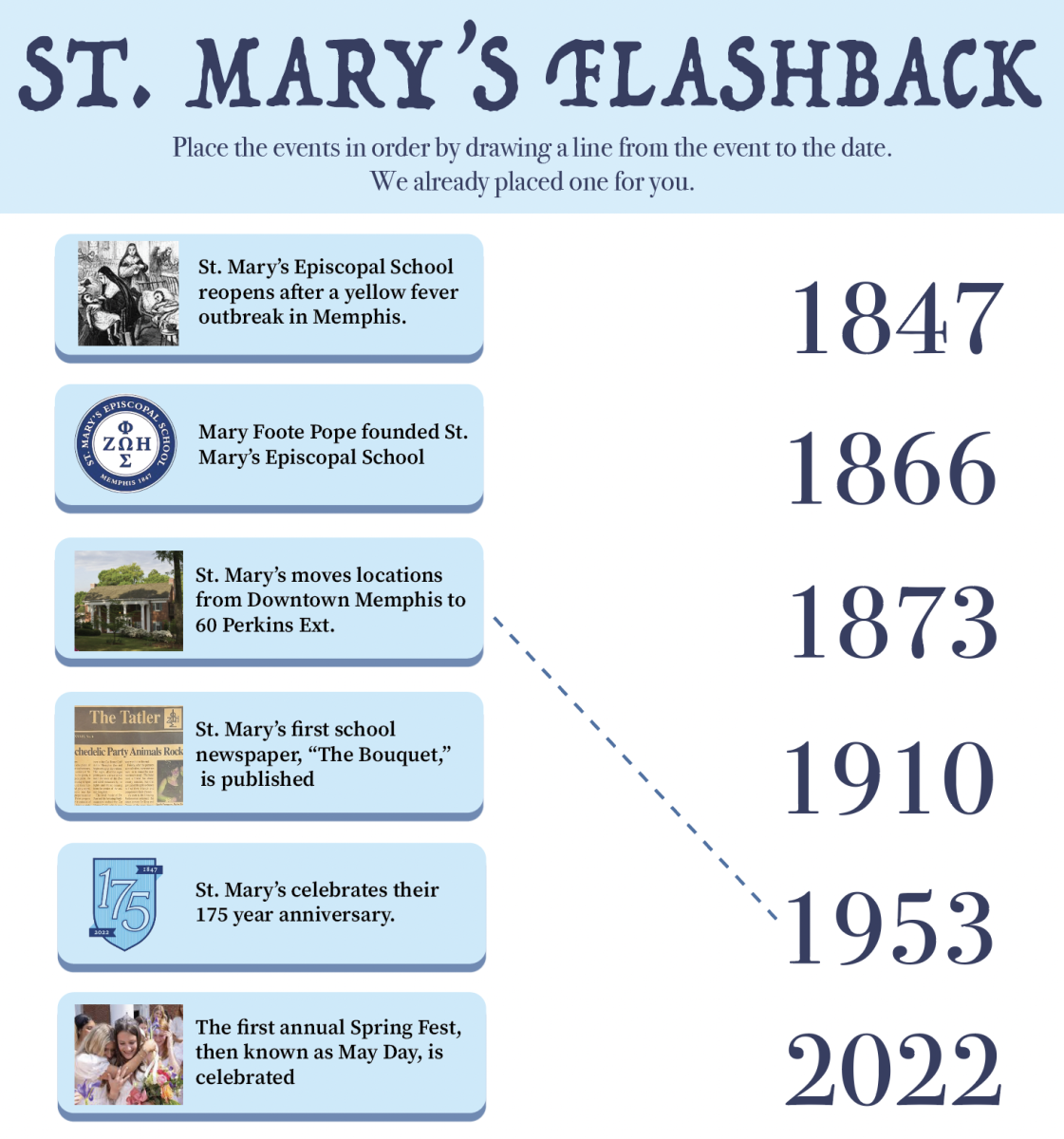


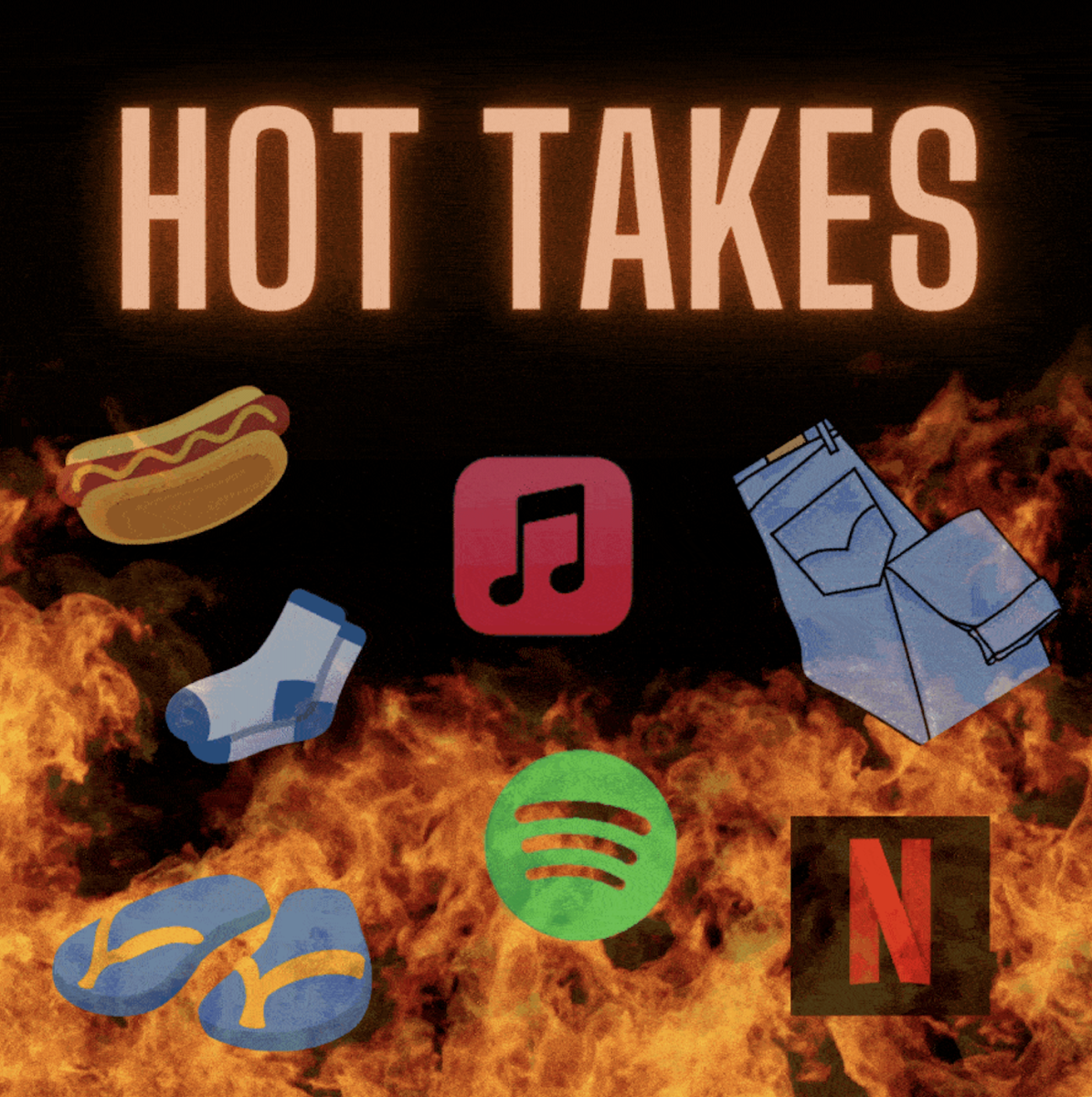
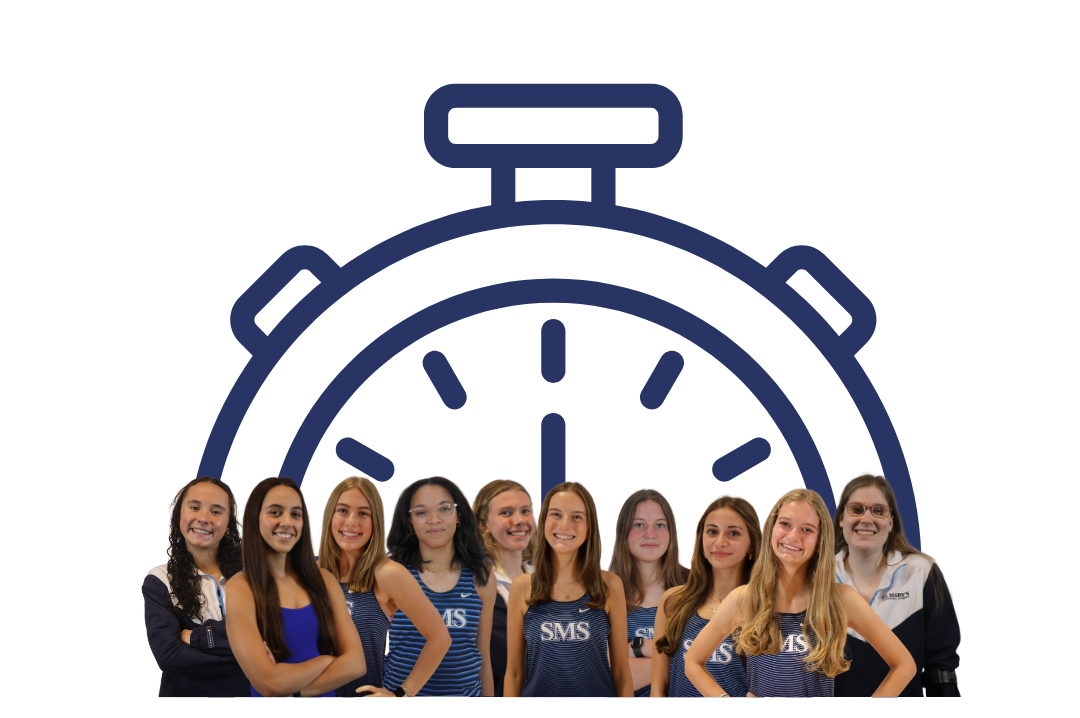

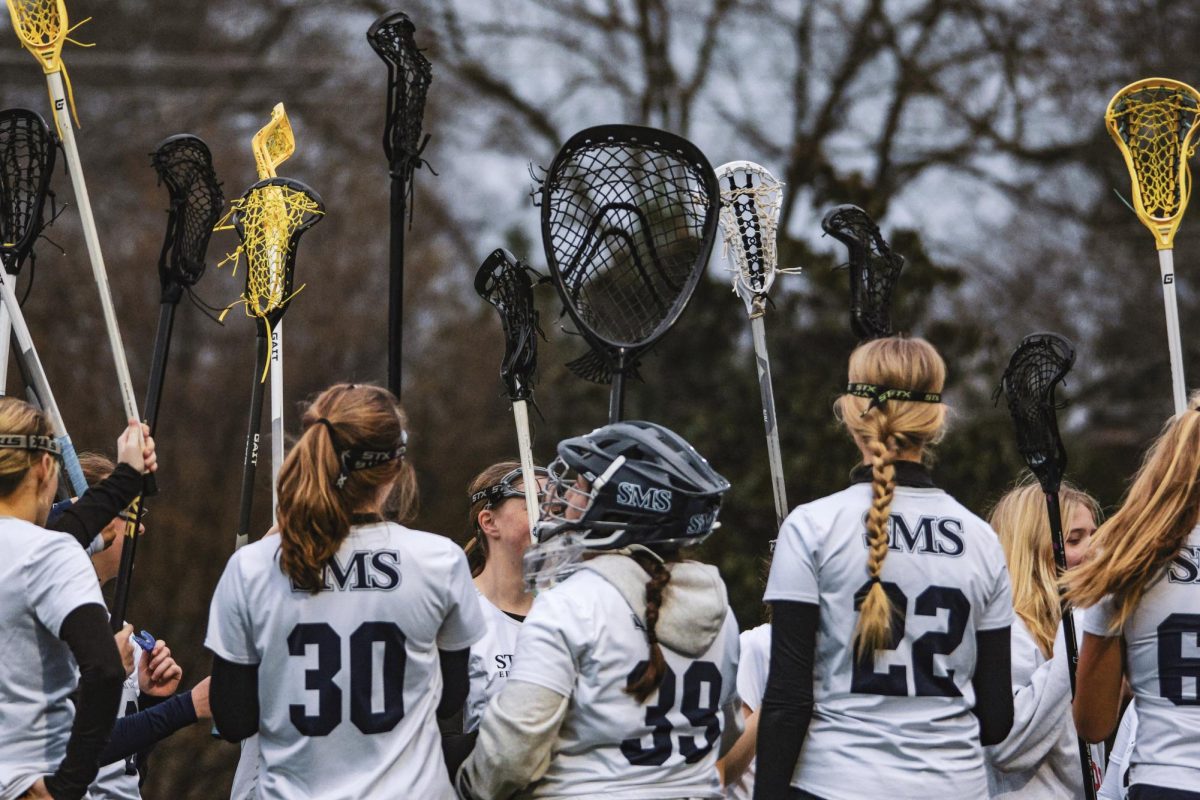
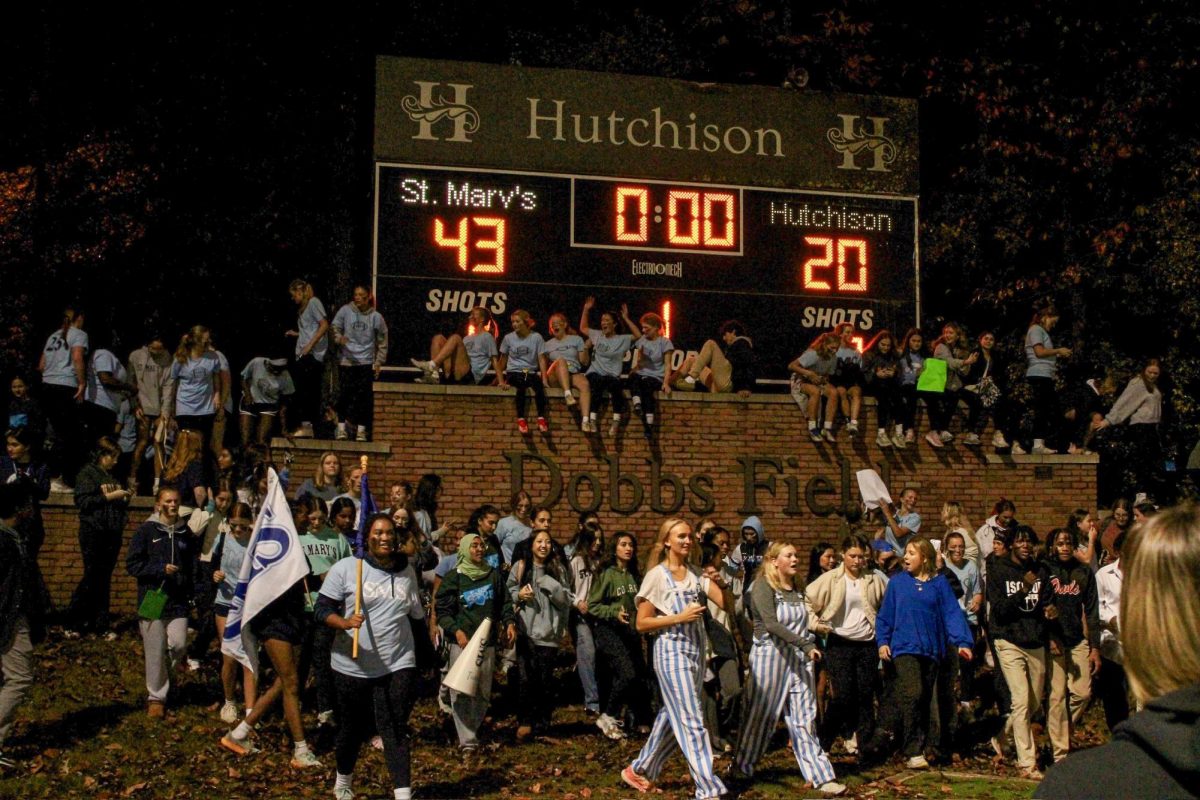
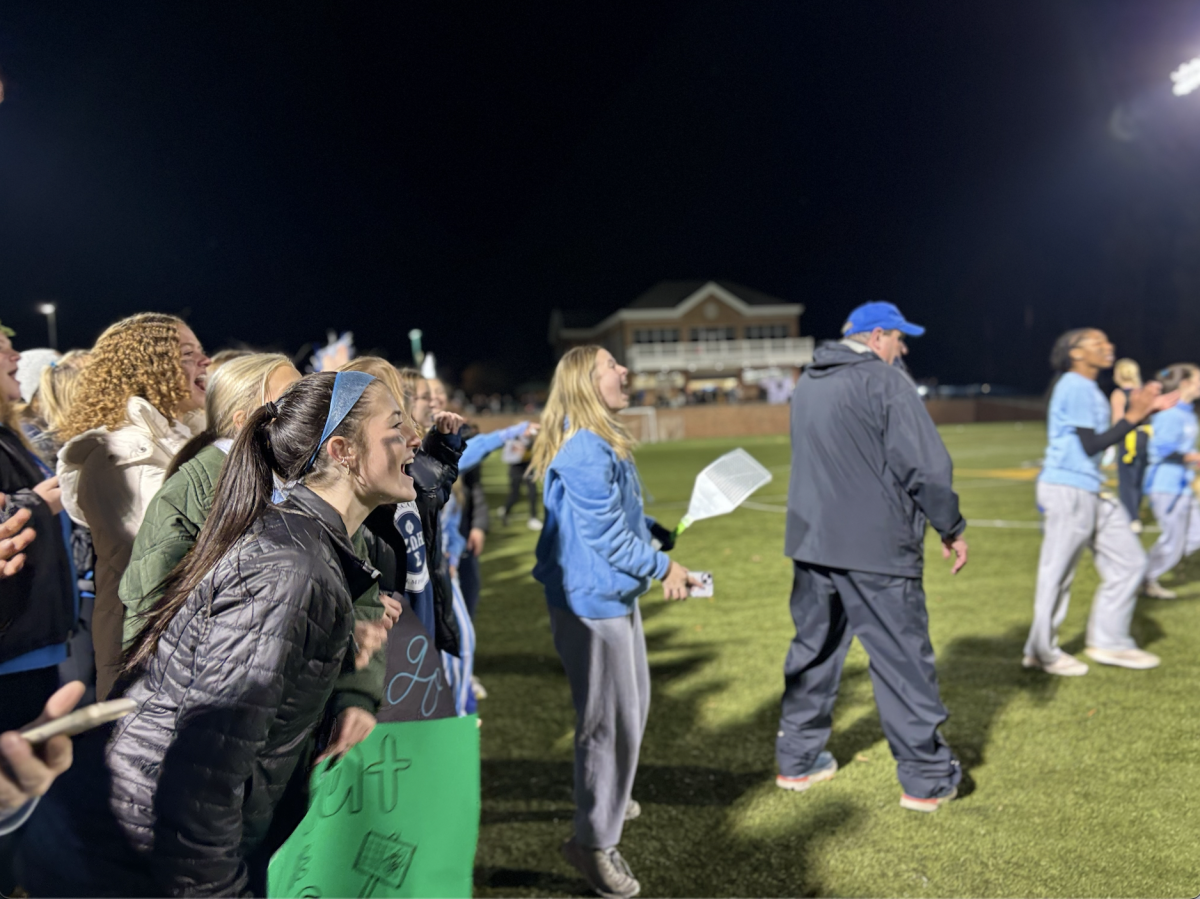
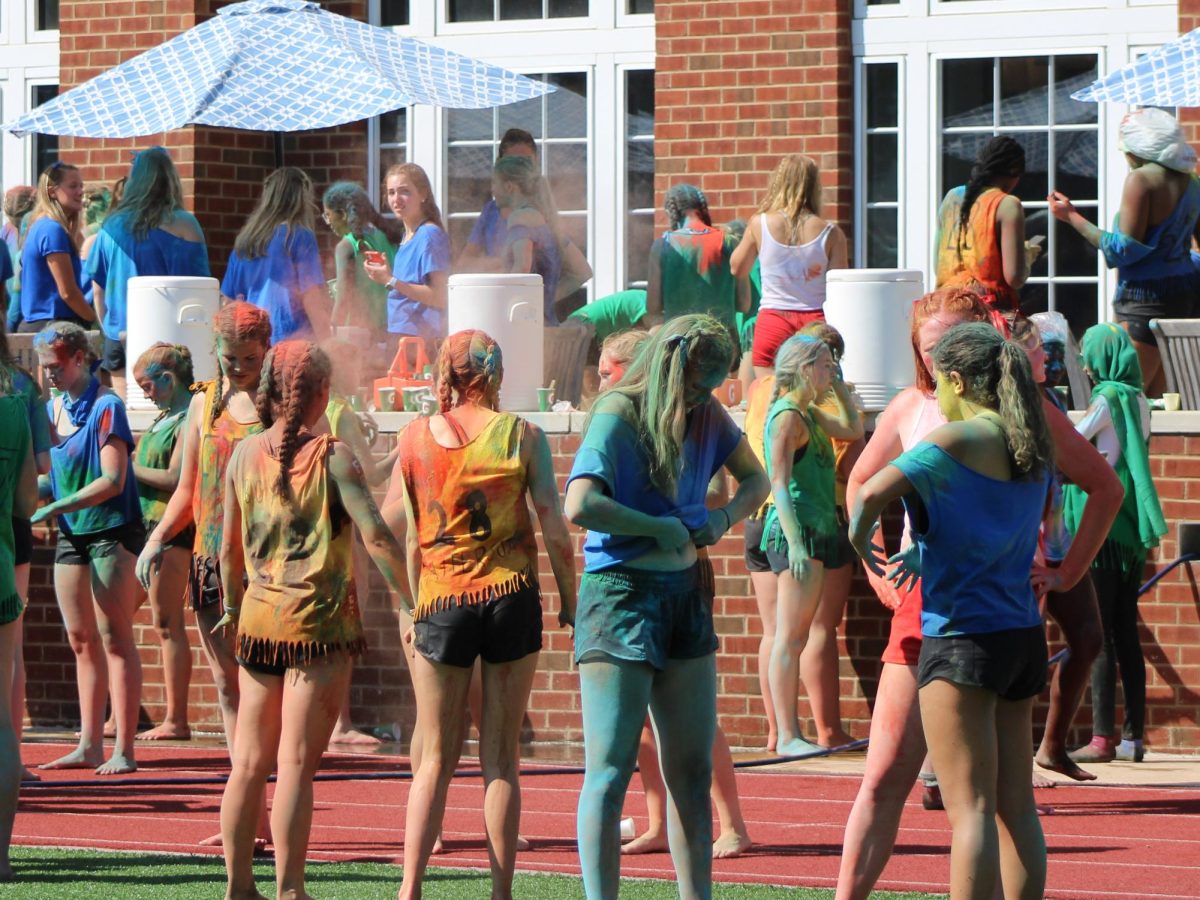
![[GALLERY] Walking in (Downtown) Memphis](https://stmarystatler.org/wp-content/uploads/2024/04/E1DAD3FE-E2CE-486F-8D1D-33D687B1613F_1_105_c.jpeg)
